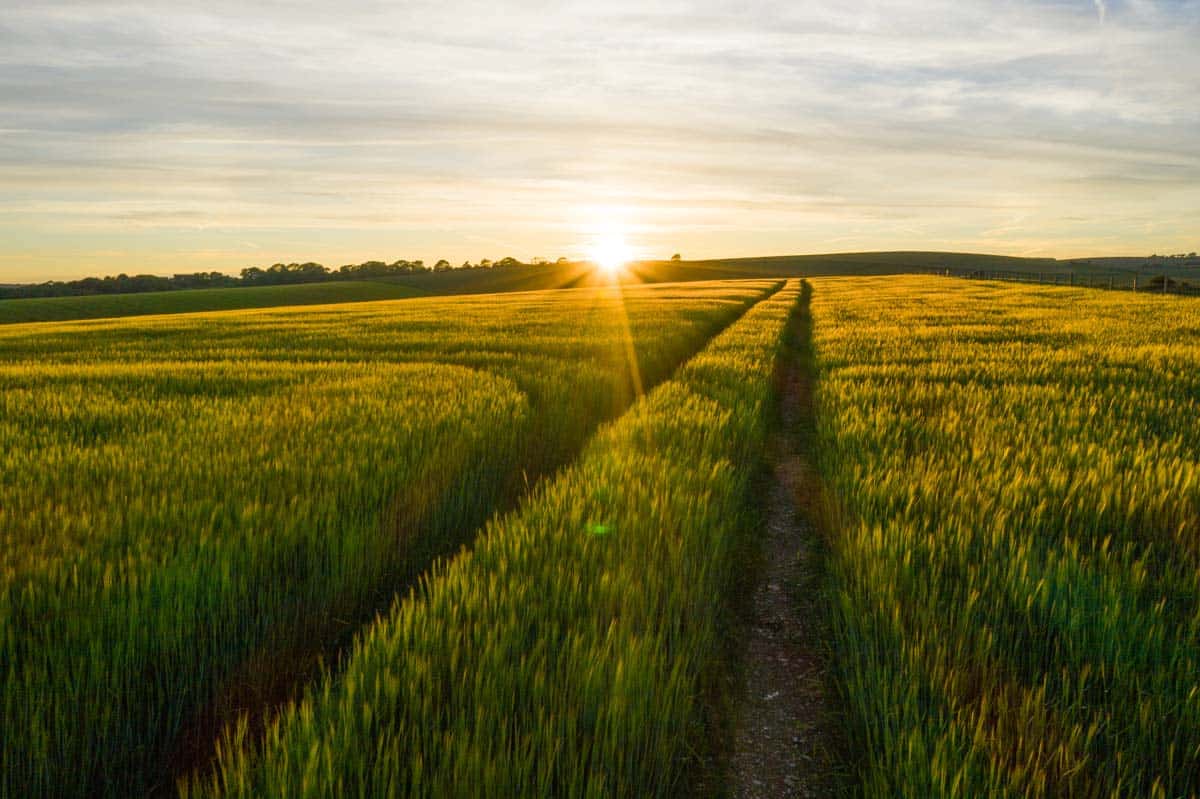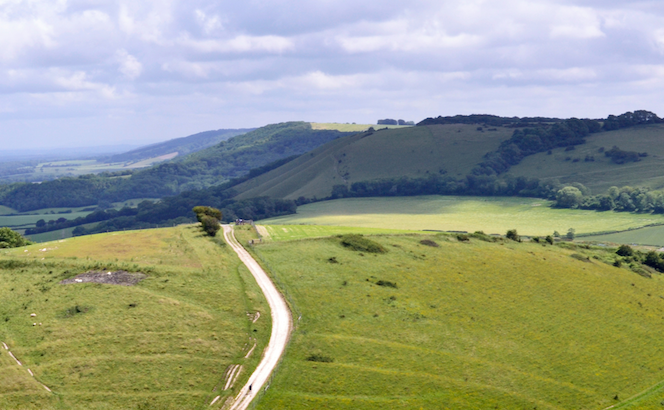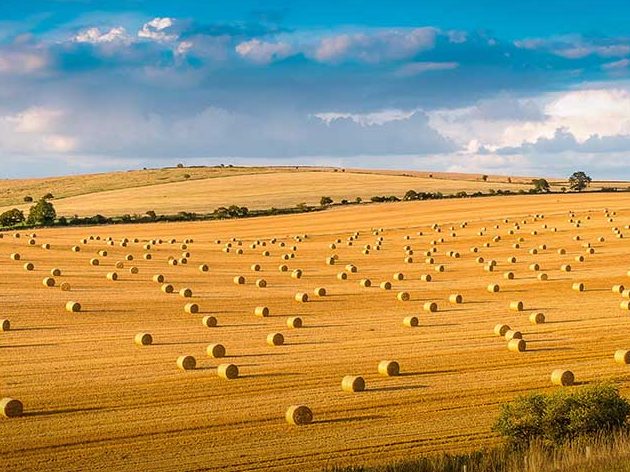
Rural business and farmers

We Are Growing For A Greener Tomorrow
Or, in the case of TAP, for a blue-green tomorrow.
Looking around, it’s easy to see the fruits of farmers’ labour to produce quality food whilst looking after this landscape. But it’s more challenging to know what’s happening in the soil and chalk below and how farm management affects the aquifer.That’s why farms and rural businesses are so vital to what we do here at TAP, understanding and working together to support the aquifer we all rely on.
We work with those in rural communities to find sustainable solutions for common causes of aquifer pollution. We understand the difficulties of farming on the chalk landscape, and we’re dedicated to assisting you the best we can.
Whether that’s finding grant opportunities, getting biosolids recycling from one of our existing partners, or conducting funded research on alternative sustainable and regenerative practices, we’re here to help you.

TAP is working with farmers to understand the soil and crop nutrient requirements prior to fertiliser application, reducing the risk of over application of nitrate fertilisers. Less fertiliser is lost through leaching, reducing pollution to the aquifer and saving the farmer money. In just one field (38 ha) of winter wheat over £3,000 worth of nitrogen was lost over one winter, a huge sum when scaled up across the TAP area.

Together with farmers we work to reduce the seasonal peaks of nitrate in the groundwater. Cover crops are planted to protect the soil from leaching during winter rains and take up excess nitrate which would otherwise be lost. Over time they’re also great at improving soil health. Better soil means less fertiliser is needed and less is leached. Cover crops are a winner for water and for farmers.

We'll work with you on projects.
Especially those that align with existing funding opportunities such as:
- Improving the health of soils
- Reducing flood risk
- Natural flood management techniques
- Reducing widespread water pollution from agriculture
- Farming innovations for alternatives to high nitrate fertilisers
- Farming in Protected Landscapes SDNPA Project Prioities
If you have a project in mind, let us know, we’re always eager to expand our repertoire of projects.

Farm management affects the water we all rely on. In these thin chalky soils 45% of fertiliser will be lost to the atmosphere or leached through the soil, with nitrate finding its way to the groundwater. Southern Water technicians have detected rising levels of nitrate at two thirds of their boreholes, with seasonal peaks as autumn and winter rains increase leaching.
This rising trend and the seasonal peaks need to be reduced to meet acceptable levels for drinking water quality. We can reduce them through additional treatment or diluting the concentration by mixing water with supplies from another source. Either way, this involves ‘building’ a solution for symptoms rather than tackling the source of the problem.
Catchment management is a more sustainable solution. But we’re aiming long-term here – it can take decades for water to seep down into aquifers and the current nitrate levels are in some cases from historic fertiliser used many years ago. It will take many years to see the benefits of catchment management actions we take today to reduce nitrate levels.
TAP has already worked with pioneering farms in the area to support transistion to regenerative farming and reduce the agricultural impact on the aquifer.
A recent mapping project completed by Southern Water has identified suspected fractures in the chalk which allow fast flow of water into the aquifer. Fields which lie above these fractures are more vulnerable to nitrate leaching to the aquifer. Our work with farmers has prioritised these fields to protect the aquifer.
Keen to find out more about farming with our water in mind?
Want to know if your farm is eligible to join with TAP to protect our aquifer? Please get in touch.


 Chrome
Chrome
 FireFox
FireFox
 Edge
Edge